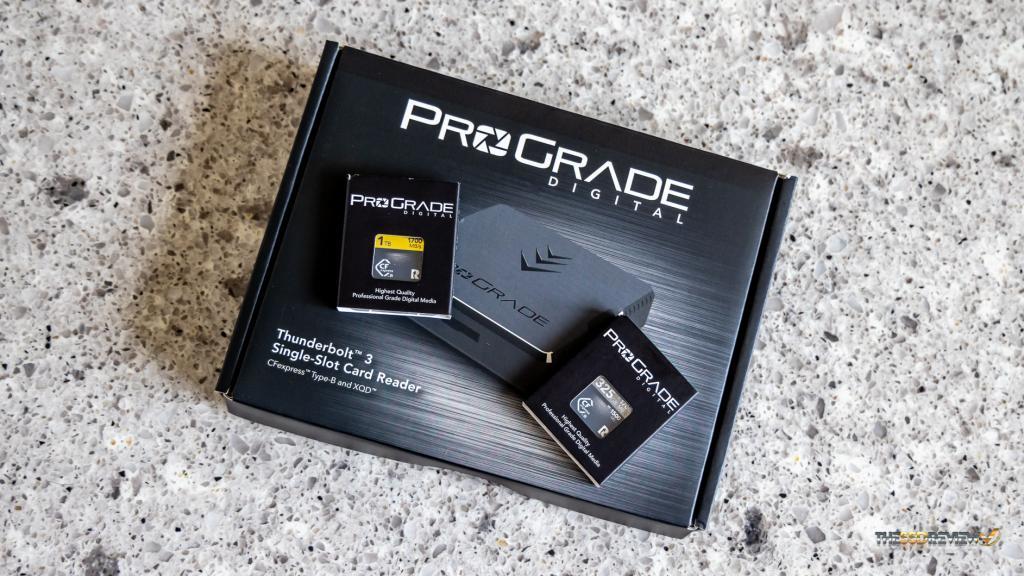Sustained write disk performance is not advertised with most CFexpress Type B cards today and, in fact, it is not common whatsoever in the flash industry. As much as it is not spoken of, consumer SSDs, SD cards, compact flash cards, and even the latest CFexpress cards, are marketed and sold according to their ‘peak’ read and write data transfer speed…or throughput. ‘Sustained writes’ are remotely similar to something called ‘steady state’ performance where a storage device is pushed to the point that one can identify the speed it will perform at after a period of constant reads and writes to the product. Peak performance is ‘fresh out of the box’ speed and sustained performance is lower and occurs with steady reads and writes to a storage product.
Sustained write performance has not been considered whatsoever, at least until the release of the Canon EOS R5 camera, as it never affected the operation of cameras before this. The R5 changed that, in that, 8K, and the highest quality 4K video will not record without a CFexpress card with a sustained write speed of roughly 325MB/s, give or take a few MB/s. It is important to be aware of, however, that typical performance testing does not identify sustained write speed whatsoever. One cannot tell the difference between a card with a 300MB/s sustained write speed or a card with a 1300MB/s sustained write speed, without specific tests to identify these speeds. That’s our job.
A big thank you to ProGrade Digital as, on our Test Bench today is the ProGrade Digital 1700 Gold CFexpress 1TB Memory Card, the 1700 Cobalt CFExpress 2.0 325GB Memory Card, and their Thunderbolt 3 CFexpress/XQD Card reader. We can tell you right off that both of these cards differ significantly with respect to sustained write speeds, although both perform just fine in the R5, the 1700 Gold 1TB card making up in capacity where it is just a bit lower in sustained write speeds.
Just as a bit of an overview, both the ProGrade Gold and Cobalt CFexpress memory cards we are testing today have the 1700 designation as that is their ‘peak’ data transfer speed. Both come with a limited three year warranty, and as well, the ProGrade Thunderbolt 3 CFexpress/XQD Card Reader comes with a limited two year warranty. Check ProGrade Digital product pricing at the ProGrade website, or at Amazon.
For our testing today, the following pages will provide a description of our test bench and CFexpress card reader, Gold 1700 1TB description and synthetic testing, Cobalt 1700 description and testing, along with a Report Analysis and summary page. so…let’s get to it!
 The SSD Review The Worlds Dedicated SSD Education and Review Resource |
The SSD Review The Worlds Dedicated SSD Education and Review Resource | 


Overall a nice article. One thing to point out is there are big differences in card performance based on card size. Almost all 64GB CFExpressB cards have a low minimum sustained write speed. The ProGrade Gold card you tested is the fastest – the 1TB card – and smaller cards are much slower. The Canon R5 is a very good camera, but file size is what drives performance. The larger files of the Nikon Z7ii and Z9 are more demanding on card performance. Likewise smaller files but faster frame rates have a similar impact – more data to be written per second needs a faster card. The advice you gave is good – make sure you match what and how you use your camera to card choice.